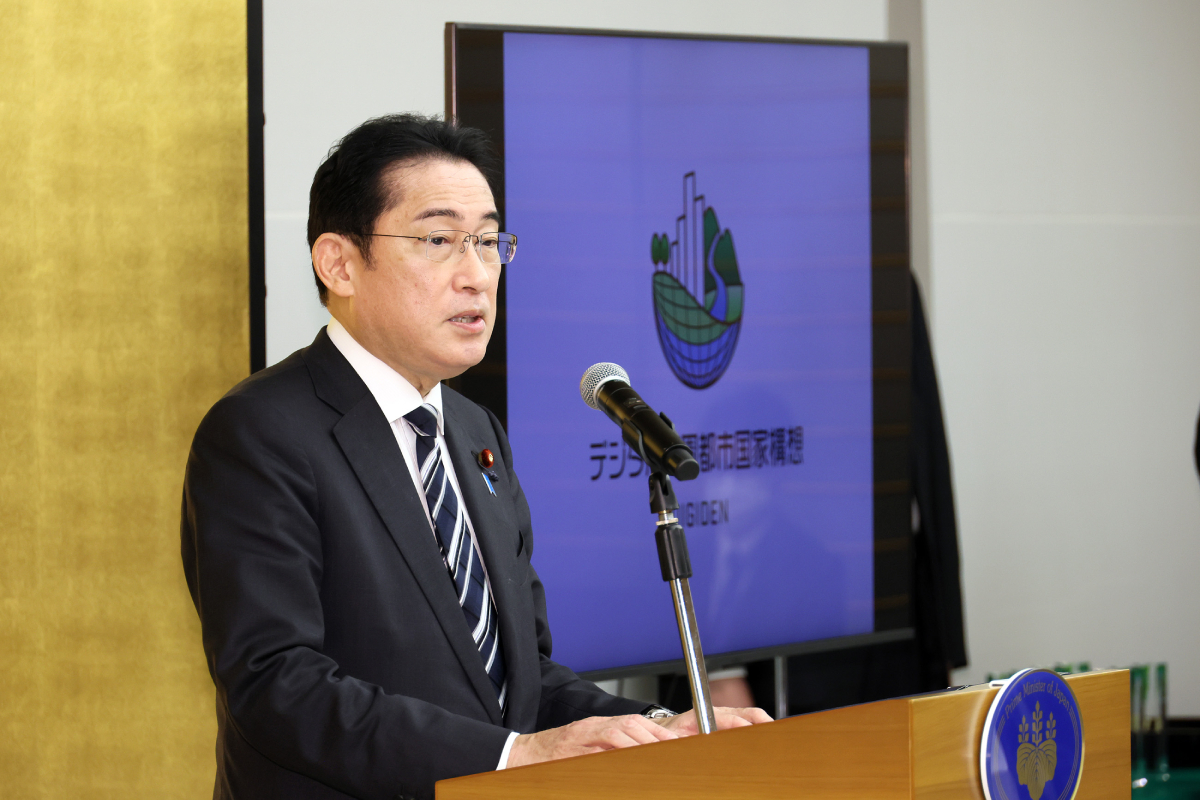Scientists discover new superconductor material for wider use
Researchers from Tokyo Metropolitan University have discovered a new superconducting material which can be more widely deployed in society.
In Tokyo’s political arena, the unfolding drama surrounding the fundraising scandal in Japan’s ruling party has taken a more ominous turn.

[Photo: Twitter/@JPN_PMO]
In Tokyo’s political arena, the unfolding drama surrounding the fundraising scandal in Japan’s ruling party has taken a more ominous turn. Prime Minister Fumio Kishida, facing mounting scrutiny and public discontent, now contemplates a major shake-up of his cabinet, with Chief Cabinet Secretary Hirokazu Matsuno expected to be replaced.
The decision to replace Mr Matsuno stems from allegations of his involvement in receiving undeclared political funds, a revelation that has further eroded public’s trust in the administration. The scandal, which initially centred round fundraising irregularities, has now penetrated the upper echelons of the government, leaving the ruling Liberal Democratic Party (LDP) in disarray. As prosecutors prepare to investigate lawmakers, including Mr Matsuno, after the current parliamentary session concludes, the looming question is whether this move is enough to restore confidence in Mr Kishida’s leadership.
Advertisement
The plan for a cabinet reshuffle and the appointment of new party officials reflects a desperate attempt to regain control of a narrative slipping through the government’s fingers. Mr Matsuno, the embattled Chief Cabinet Secretary, stands accused of failing to declare over 10 million yen received in the past five years from the LDP’s largest faction. The allegations, if proven true, not only implicate Mr Matsuno but cast a shadow over the faction’s handling of funds during a period when Trade Minister Yasutoshi Nishimura and LDP policy research council chairman Koichi Hagiuda are also suspects in improper declaration of political funds.
Advertisement
The deafening silence from the Prime Minister’s and Mr Matsuno’s offices only adds to the air of uncertainty. The lack of immediate response raises questions about the government’s transparency and its commitment to addressing the concerns of a public grappling with the economic fallout of rising costs and looming tax hikes. Mr Nishimura, a key figure in the scandal, too maintains silence, leaving the public in the dark about the details of his involvement. The reported suspicions regarding Mr Nishimura and Mr Hagiuda compound the sense of unease, as the public demands answers and accountability from those entrusted with steering the nation through tumultuous times.
The political earthquake that has rocked Mr Kishida’s government has not gone unnoticed by the public. Support has plummeted to a record low, reflecting a growing sentiment of disillusionment and frustration among voters. The alleged mishandling of funds by prominent party members has not only damaged the credibility of individual lawmakers but has left an indelible stain on the entire political apparatus. As the parliament session draws to a close, Japan finds itself at a crossroads.
The proposed cabinet reshuffle and the replacement of key officials may be an attempt to quell the storm, but whether it will be enough to save Mr Kishida remains uncertain. The intricate web of allegations, investigations, and political manoeuvring has left the nation yearning for a restoration of trust, a commodity that once lost, proves challenging to reclaim.
Advertisement